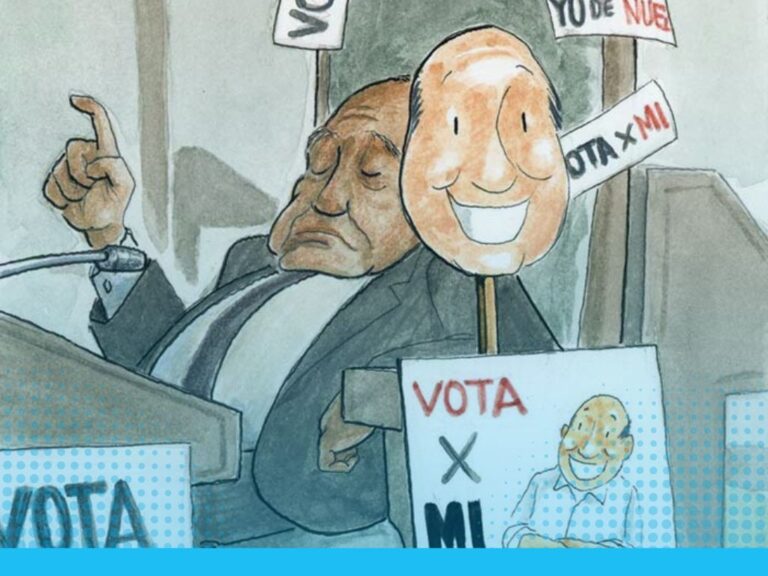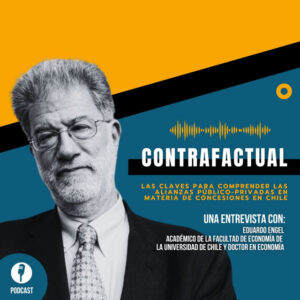Autor: Gabriel Moran, M.P.P. Candidate at the University of Chicago
Housing security in the post-COVID world is one of the biggest questions policymakers in major US cities must answer. With inflation running away, renters are finding it harder to meet their housing needs in a sustainable manner. In the United States, renters are now paying an average of 45%[1] of their income on rent, a considerable jump from the recommended 33% rule.[2]
In response, many local and state governments, as well as the federal government, are considering enacting “rent control,” more accurately called rent stabilization. These policies are currently the frontrunners expected to champion housing security. In 2019, Oregon and California were the only two states to implement statewide rent control. The states of New York, Maryland, Maine, Minnesota, New Jersey, and Massachusetts preempt rent regulation but allow it at the local level with state approval.[3]
The main problem with rent stabilization is the general disagreement about whether these policies work as intended. In the short term, research suggests that rent stabilization does reduce local rent prices but is detrimental to the long-term health of the housing market. Some economists argue that these policies are a bandage placed on the symptoms of a much larger issue. They posit that the root cause of the rapid rent increases in the United States is a housing shortage caused by the 2008 housing crisis.[4]
Economists argue that rent stabilization policies do two things that hurt the market. First, these policies reduce incentives to build more housing due to reduced potential cash flows from the investment. Furthermore, these policies are also said to reduce the general quality of available housing over time. As the costs of materials rise, placing a limit on rent increases makes it harder to keep up with inflation on building materials and labor to maintain their units. It is argued that with the shortage, renters will pay more for lower-quality housing. (Glaeser 2003, as cited in Rajasekaran, 2019).
The argument about whether rent stabilization reduces new construction remains speculative. While there are no clear links between rent control policies and lower production of new housing in general, trends show that rent control policies affect the type of housing produced. Studies indicate that the enactment of rent control may have a causal relationship with converting rental units to condominiums (Rajasekaran, 2019). This may coincide with increased rent in the uncontrolled sector.
Decades of research suggest that these policies do not reduce rent. Studies conducted in San Francisco and New York City have found that rent stabilization policies have increased rent in the uncontrolled sector of the local housing market.[5] One counterexample is a case in Cambridge, Massachusetts, where local rents dropped in the uncontrolled sector during the rent stabilization policy (Autor et al, 2014 as cited in Rajasekaran, 2019). However, research found that these rents may have dropped because the quality of housing had degraded so greatly that property values themselves fell.[6]
In conclusion, the research on rent control is long and results are varied. Economists, in regular fashion, cannot seem to agree on the effects of rent control. Many of the pitfalls mentioned, like decreased rental unit quality and decreased housing supply are often considered highly speculative. They ring true in some cities, but not in others. Furthermore, much of the research is claimed to be one sided, ignoring the social welfare benefits gained from the policy and painting it only as a loss for investors and landlords. While speculation and bias may be plaguing the field of research, one question stands firm. Are these policies the answer to improving housing security and the U.S. economy continues to reel from inflation?
[1] Average rent by year [1940-2024]: Historical rental rates. iPropertyManagement.com. (2024, January 4).
[2] Sheehy, K., & Curtis, T. (2024, March 12). How much income should you spend on rent? NerdWallet. https://www.nerdwallet.com/article/finance/how-much-should-i-spend-on-rent
[3] Rent control: Policy issue. Rent Control: Policy Issue | National Apartment Association. (n.d.). https://www.naahq.org/rent-control-policy
[4] Ludden, J. (2022, November 28). Rent control expands as tenants struggle with the record-high cost of housing. NPR.
[5] Diamond, R., McQuade, T., & Qian, F. (2018, January 8). The effects of rent control expansion on tenants, landlords, and inequality: Evidence from San Francisco. NBER. https://www.nber.org/papers/w24181
[6] Rajasekaran, P., Treskon, M., & Greene, S. (2019, January). Rent control. Urban Institute. https://www.urban.org/sites/default/files/publication/99646/rent_control._what_does_the_research_tell_us_about_the_effectiveness_of_local_action_1.pdf









